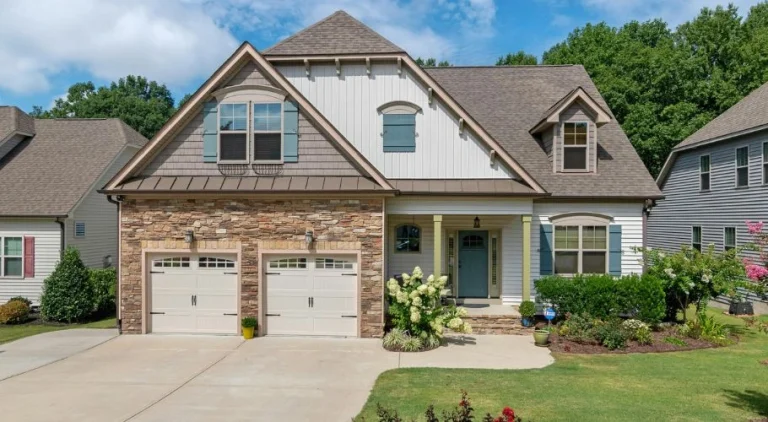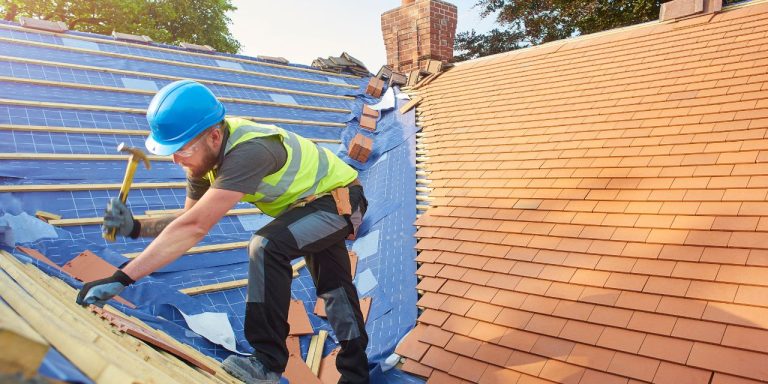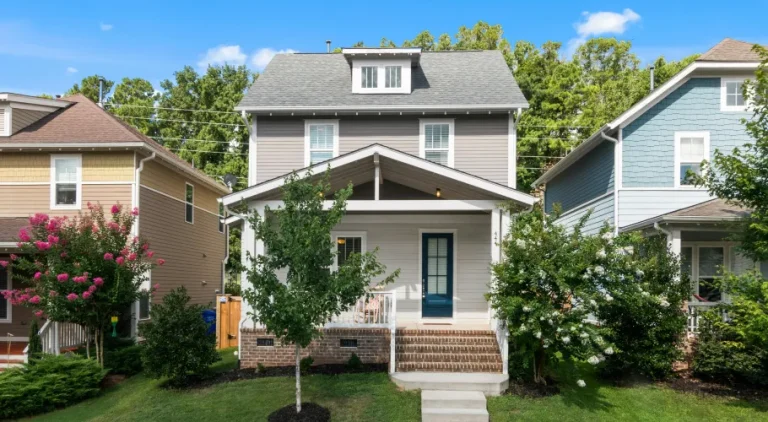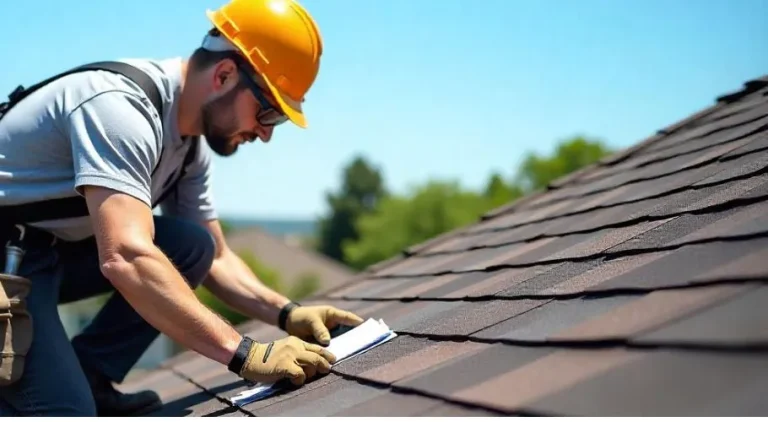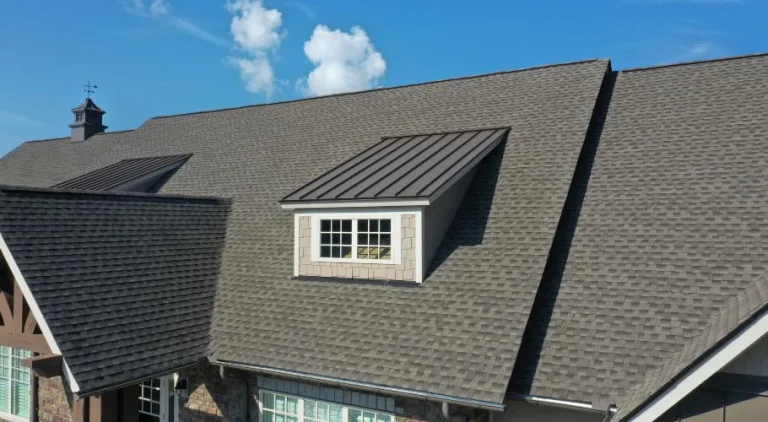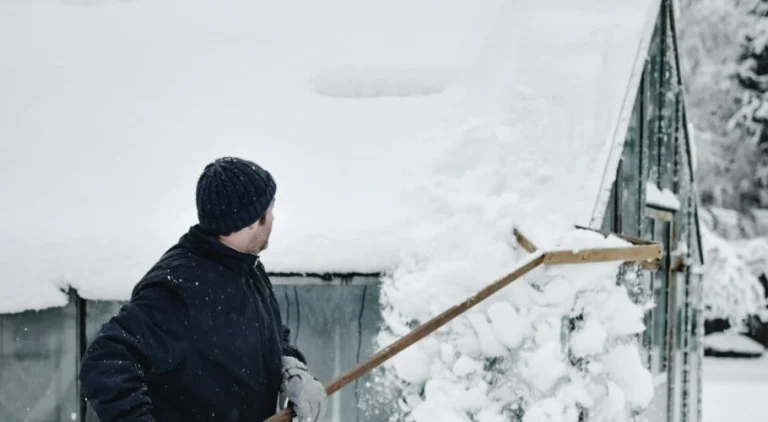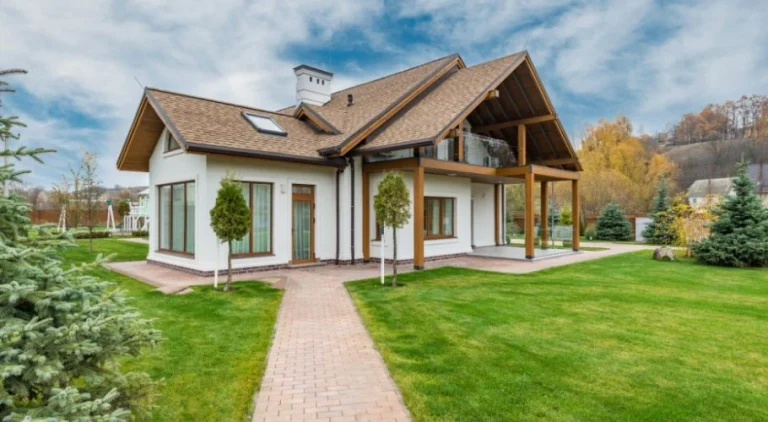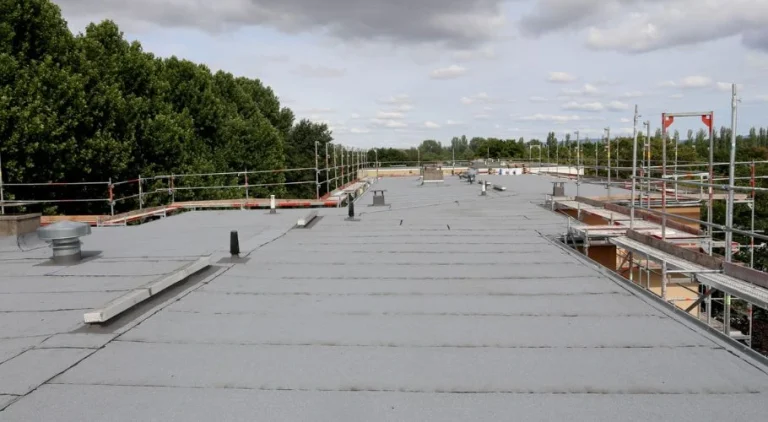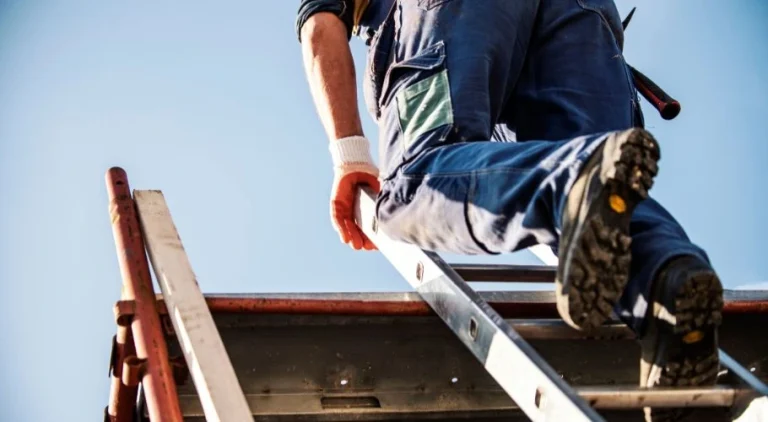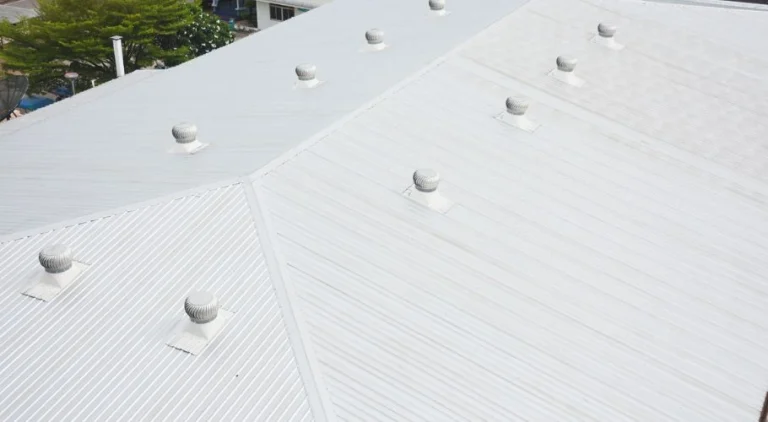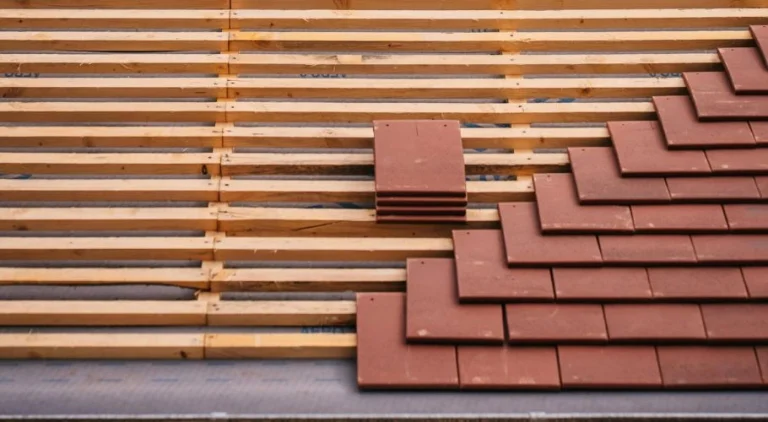9 Common Asphalt Shingles Myths Debunked
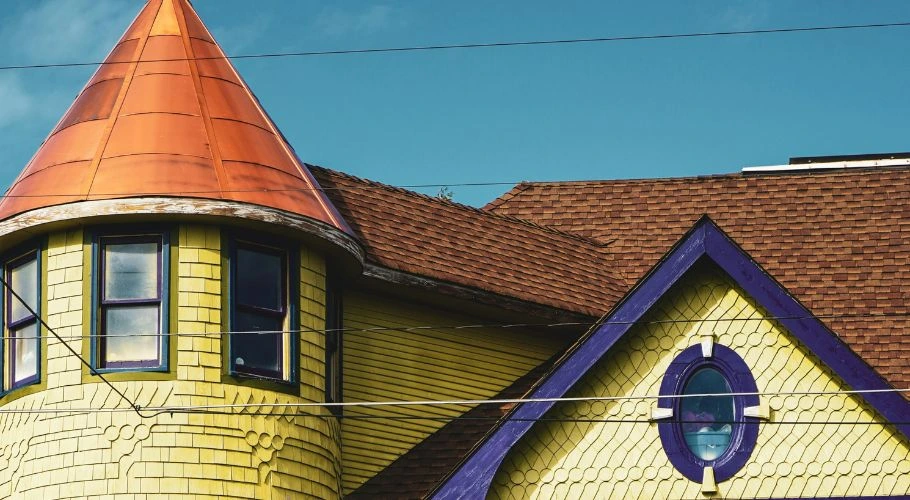
Considering getting an asphalt shingle roof but having doubts because of common myths disguised as facts? You’re not alone. As a roofing company in Oklahoma City, our team at Robbins Roofing has heard all sorts of misconceptions about asphalt shingles from homeowners. We don’t want you to miss out on the benefits of asphalt roofs just because of these misconceptions, so we’ve decided to debunk the most common asphalt shingles myths to keep you well-informed as you choose the best roofing materials for your home!
Related Article: Home Exterior Color Palette Tips to Boost Your Curb Appeal
1. Asphalt Shingles Are Not Eco-Friendly
Some homeowners believe that asphalt shingles are more harmful to the environment than other roofing materials. This idea mostly stems from the fact that asphalt shingles are not biodegradable as well as the emissions produced by its manufacturing process.
However, the truth is that a lot of asphalt shingles produced these days are made of recycled material. This means a lot of old products can be repurposed into new shingles instead of just ending up in a landfill. Many manufacturers now prioritize sustainability in their production processes. Another thing to consider is that asphalt shingle roofs are incredibly sturdy and can last for a long time. As you won’t have to replace them as often, there’s less waste to deal with, which is a win for the planet all in all.
2. You Can’t Install Asphalt Shingles in Cold Regions
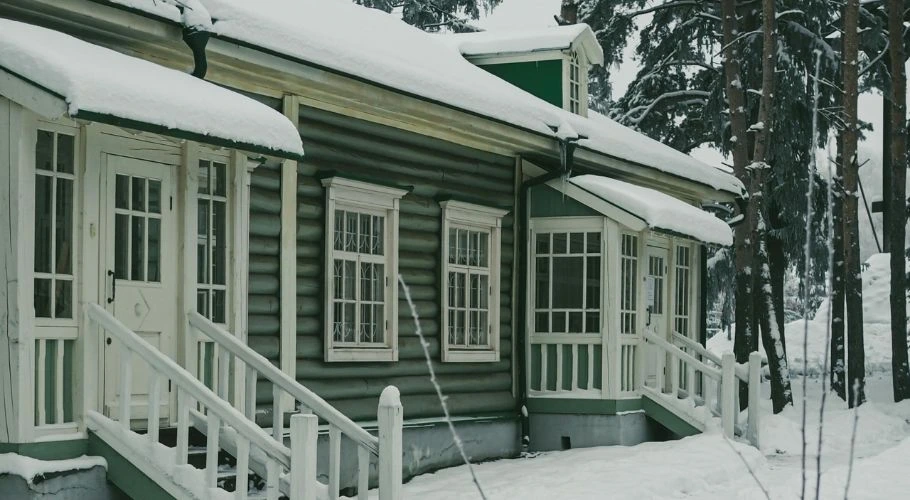
The truth is, asphalt shingle roofs are designed to hold up well in a variety of climates, including cold ones. It’s also possible to find asphalt roofing material specially made for cold regions, with properties like frost and wind uplift resistance. What really matters is making sure the installation is done correctly and given enough time to seal so they can handle snow and ice as they’re designed to. The bottom line? Don’t let the cold climate scare you away from choosing asphalt shingle roofing for your home!
3. Asphalt Shingles Don’t Last Long
Most asphalt shingles can last a good 20-30 years, and sometimes even longer with professional installation, proper attic ventilation, fire resistance, and weather resistance. Regular maintenance is also important, including cleaning your gutters, checking for damage after storms, and addressing roofing issues before they turn into more complicated problems. While it’s true that no roof lasts forever and older shingles are less reliable, asphalt roofs can still give you solid protection if they’re taken care of the right way.
4. Asphalt Shingles Don’t Require Regular Maintenance
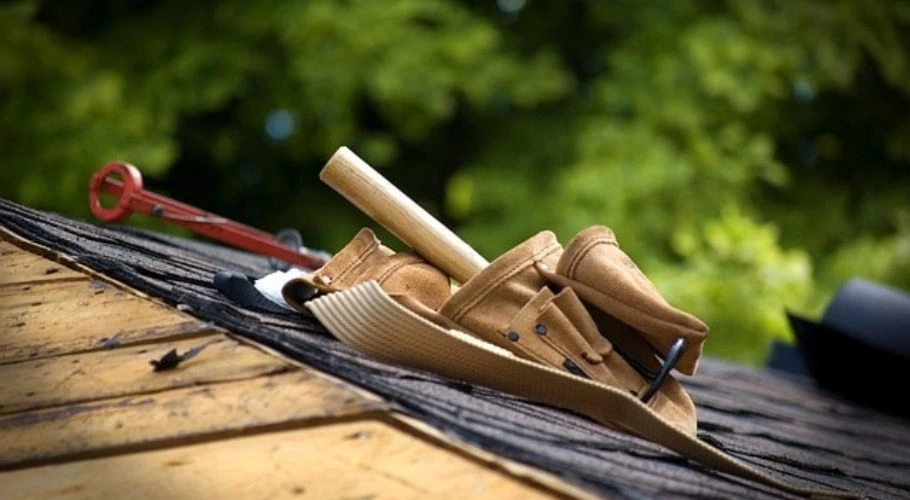
Asphalt shingles are often marketed as sturdy, long-lasting roofing materials. This leads some homeowners to believe that it doesn’t require much maintenance. However, the truth is quite the opposite—if you want your asphalt shingle roofing to max out its lifespan, you should prioritize its maintenance. This is true for other roofing materials as well.
While asphalt shingles are relatively low-maintenance compared to other materials, they still need attention from time to time. Homeowners themselves can regularly inspect the roof’s condition, but if they lack the time to do so, they can always contact professionals like Robbins Roofing for professional roof inspections.
5. New Asphalt Shingles Are Not Supposed to Experience Granule Loss
Granules act as an extra layer of protection from ultraviolet rays and harsh weather. Some are even designed to make the material more fire-resistant. When you first install your asphalt shingle roof, it’s actually normal for the material to lose excess granules. Granule loss happens when the loose granules that didn’t fully stick during manufacturing come off. It’s nothing to worry about, but if you notice granule loss happening for a long period of time, it’s best to call your trusted roofer to sort it out.
6. Asphalt Shingles Are Too Heavy for Roofs
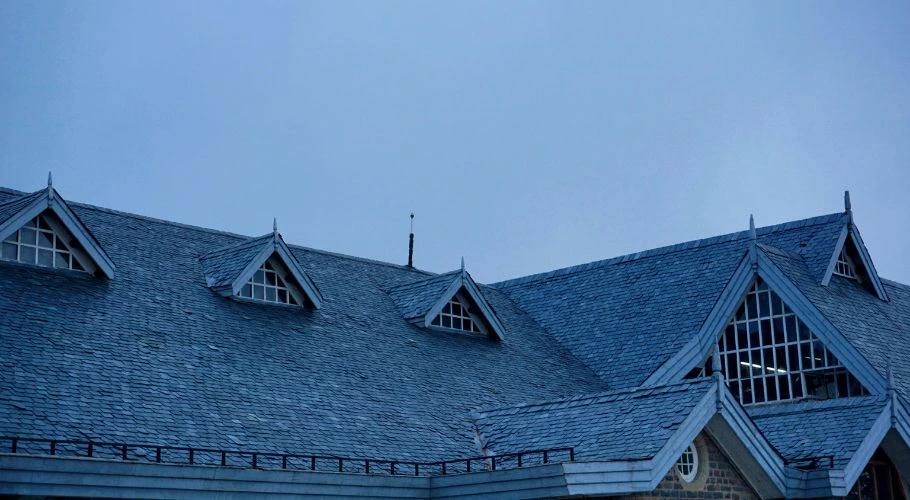
There’s a common notion that since asphalt shingles are solid and tough, they must weigh a ton and put extra stress on the building materials. Well, that’s not really the case. Here are the facts: Asphalt shingles are one of the lighter materials out there. They’re definitely not as heavy as tile or slate. Additionally, most modern homes are built to handle the weight of asphalt shingles with no problem at all—that’s why they’re the builders’ and contractors’ preferred choice when it comes to roofing material.
7. Asphalt Shingles Are Made With Asbestos
Asbestos was once used in construction materials for its fire-resistant properties. However, it’s been banned in many countries including the US because of the health risks posed by asbestos. These days, many homeowners are worried that if they get an asphalt shingle roof, they might be exposed to asbestos.
In reality, there’s really no need to worry. Nowadays, asphalt shingles are made by mixing asphalt content with safer materials like fiberglass or organic mats. To feel more at ease, you can contact your contractor or roofing company and ask them directly about the specific materials used.
8. Dark-Colored Asphalt Shingles Increase Energy Costs
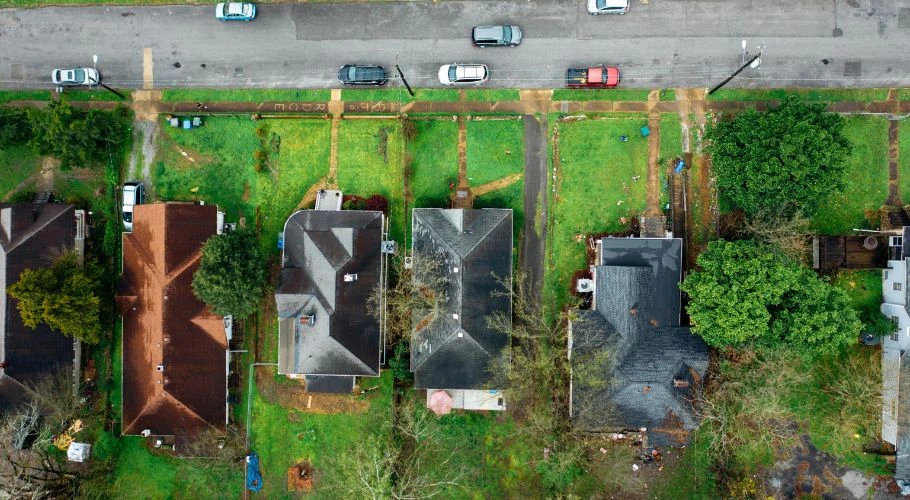
Due to the widespread popularity of sustainable roofing options, many homeowners are reluctant to get dark-colored shingles because of the misconception that these kinds of roofing make your home hotter and lead to higher cooling bills. While it’s true that darker colors tend to absorb more heat compared to lighter colors which reflect sun rays from their surface, it doesn’t mean that it will cause an extremely warm house.
Basically, you shouldn’t shy away from dark-colored shingles as long as you have proper attic ventilation and insulation. These two on their own can handle the temperature regulation in your home, allowing you to enjoy a cool home without increased electricity bills in the summer.
9. Asphalt Shingles Are Different From Fiberglass Shingles
Asphalt shingles and fiberglass shingles are essentially the same thing. They’re also known as composition shingles due to how the shingles are a combination of materials. It just so happens that asphalt shingles specifically contain asphalt for water resistance and weatherproofing. On the other hand, fiberglass shingles contain fiberglass reinforcement fabric. Overall, it’s alright to use these two terms interchangeably, as many roofers and contractors do.
Fun Facts About Asphalt Shingle Roofs
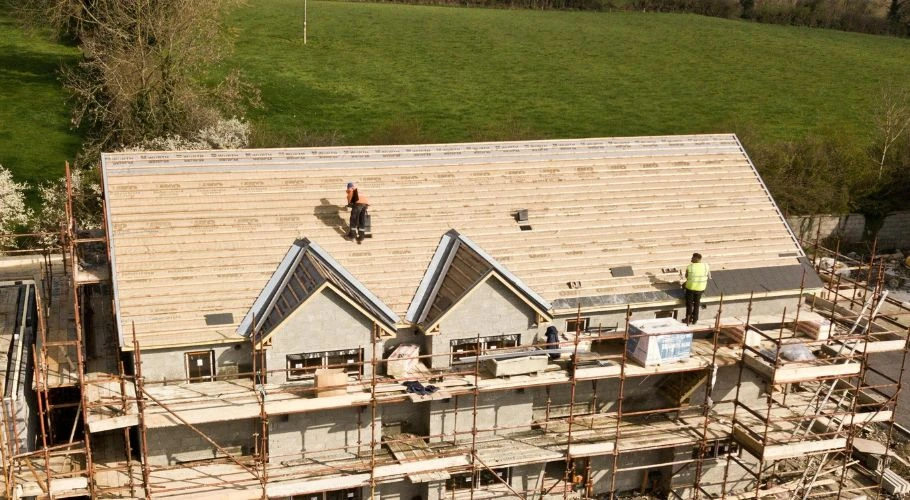
Now that we’ve debunked the most common myths about asphalt shingles, let’s go over some fun facts that might convince you to choose it as your roofing material:
Asphalt shingles are the most popular roofing material in the US. It makes up about 80% of all residential roofs.
Compared to other materials, asphalt shingles are actually quick and easy to install. It’s a top choice if you’re looking to save on time and labor expenses.
Most modern asphalt shingles are specially designed to withstand harsh weather. This includes heavy rain, strong winds, and hail. This makes them a versatile roofing option that can hold up well in different regions and climates.
Asphalt shingles are one of the most budget-friendly roofing options, making them appealing to homeowners all over the country.
With regular roof inspection and maintenance by roofing professionals, asphalt shingles can last up to 20 or 30 years.
Don’t Let Myths Hold You Back—Contact Robbins Roofing for Asphalt Shingle Roofing Solutions!
Our team of roofing professionals has assisted countless homes in OKC in getting quality asphalt shingles installed. So, whether you need a new roof, roof repair, or roof replacement, you can count on us to meet all your roofing needs!
Give us a call at (405) 376-4466 today for a free estimate!

